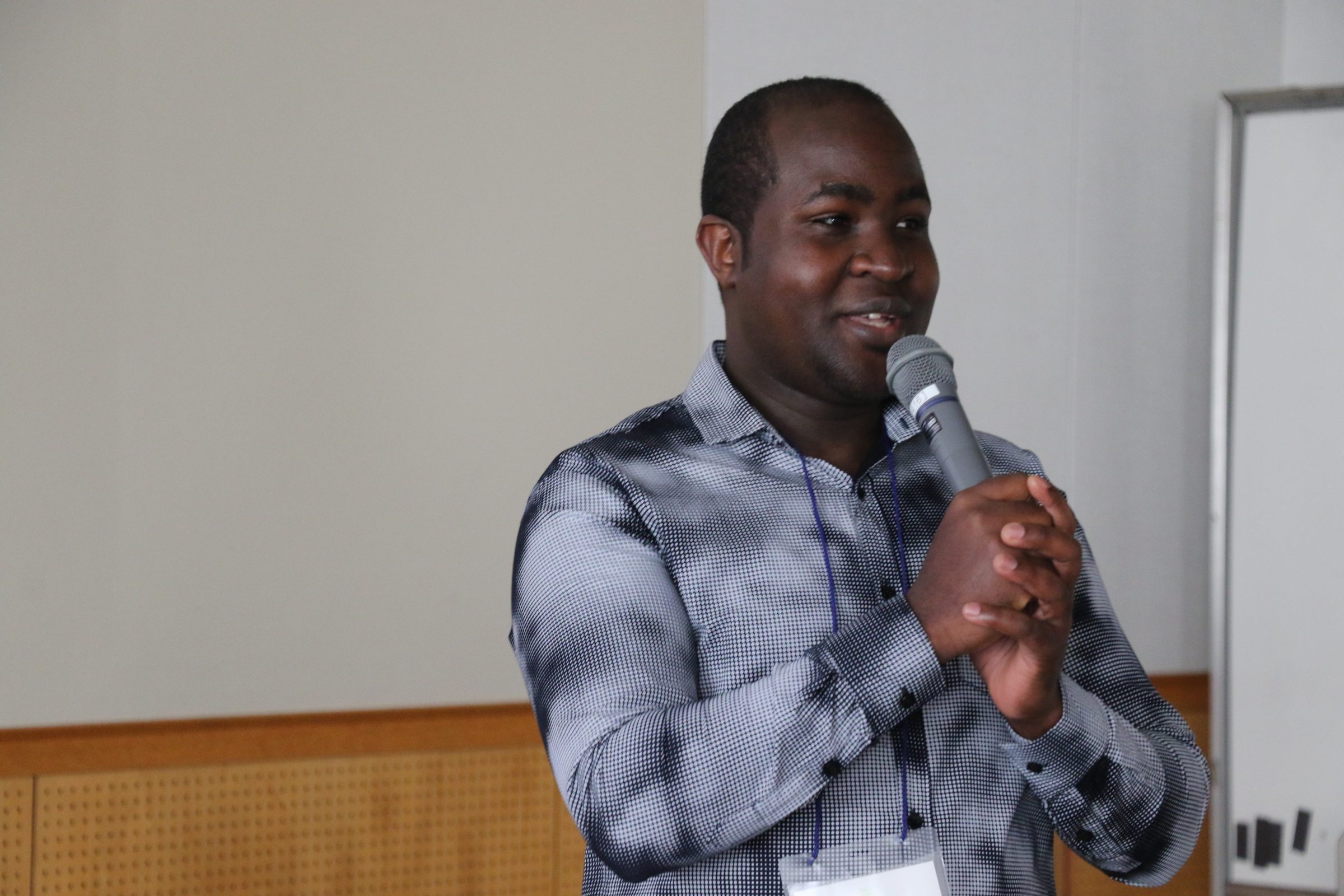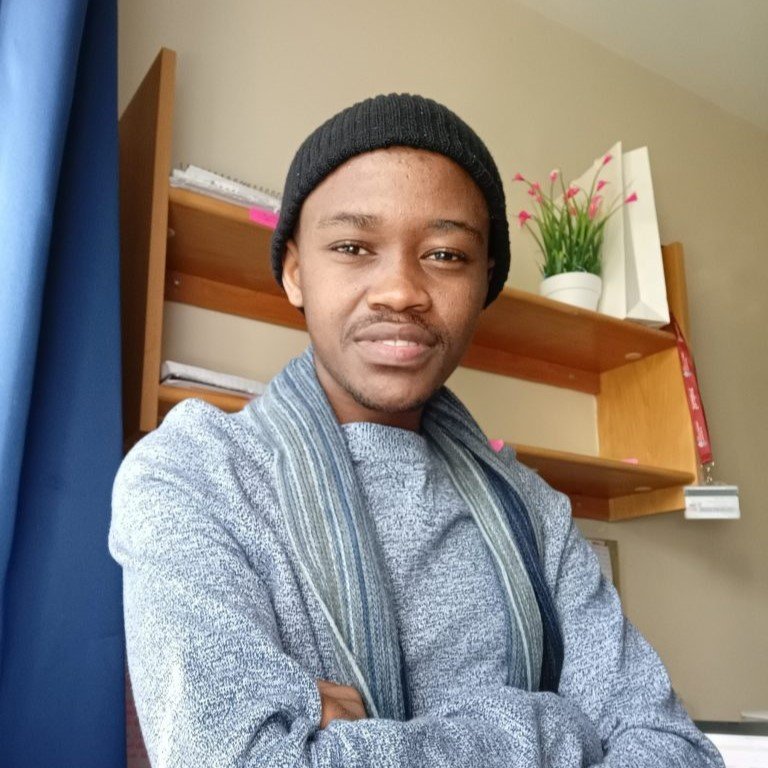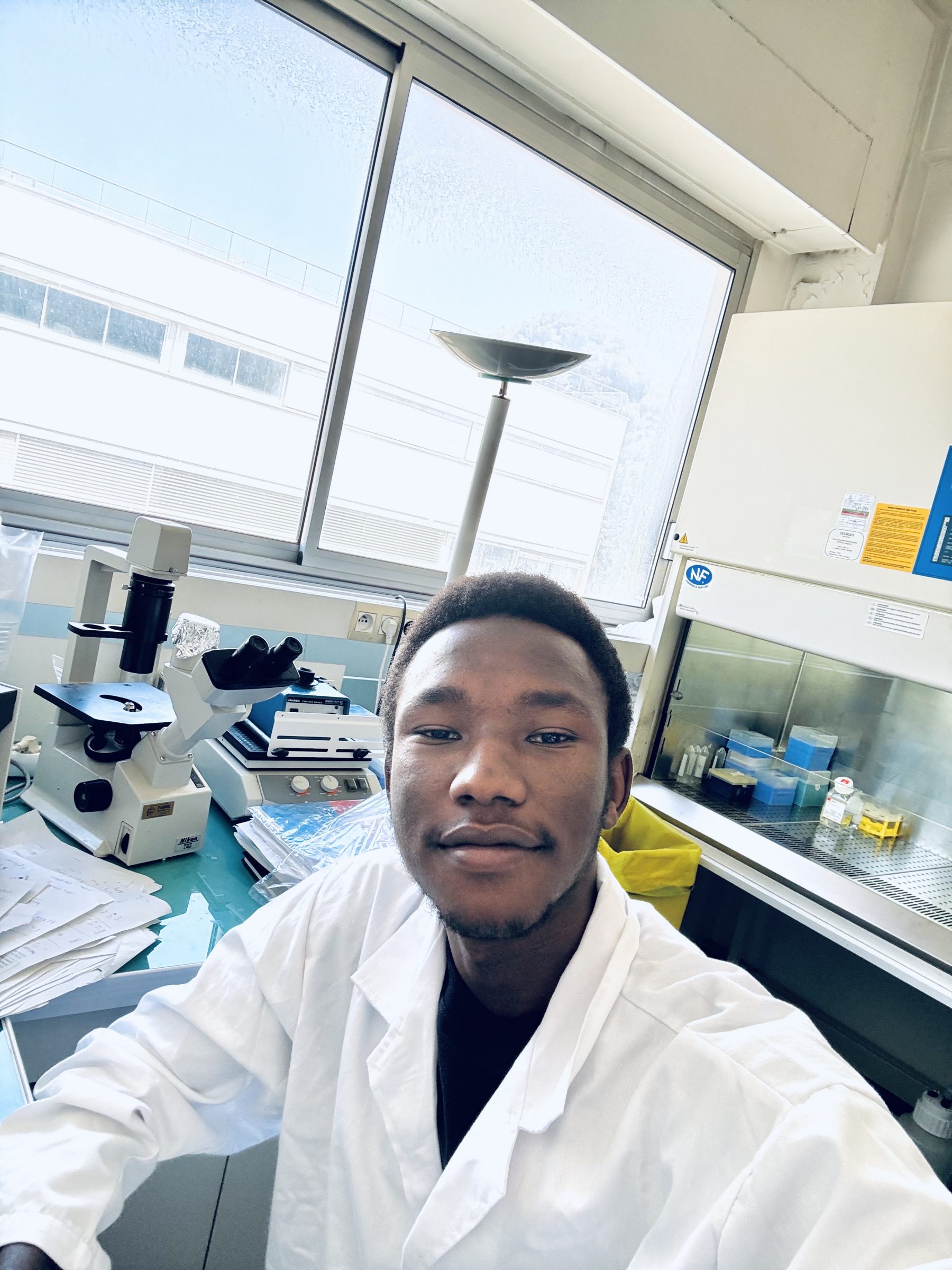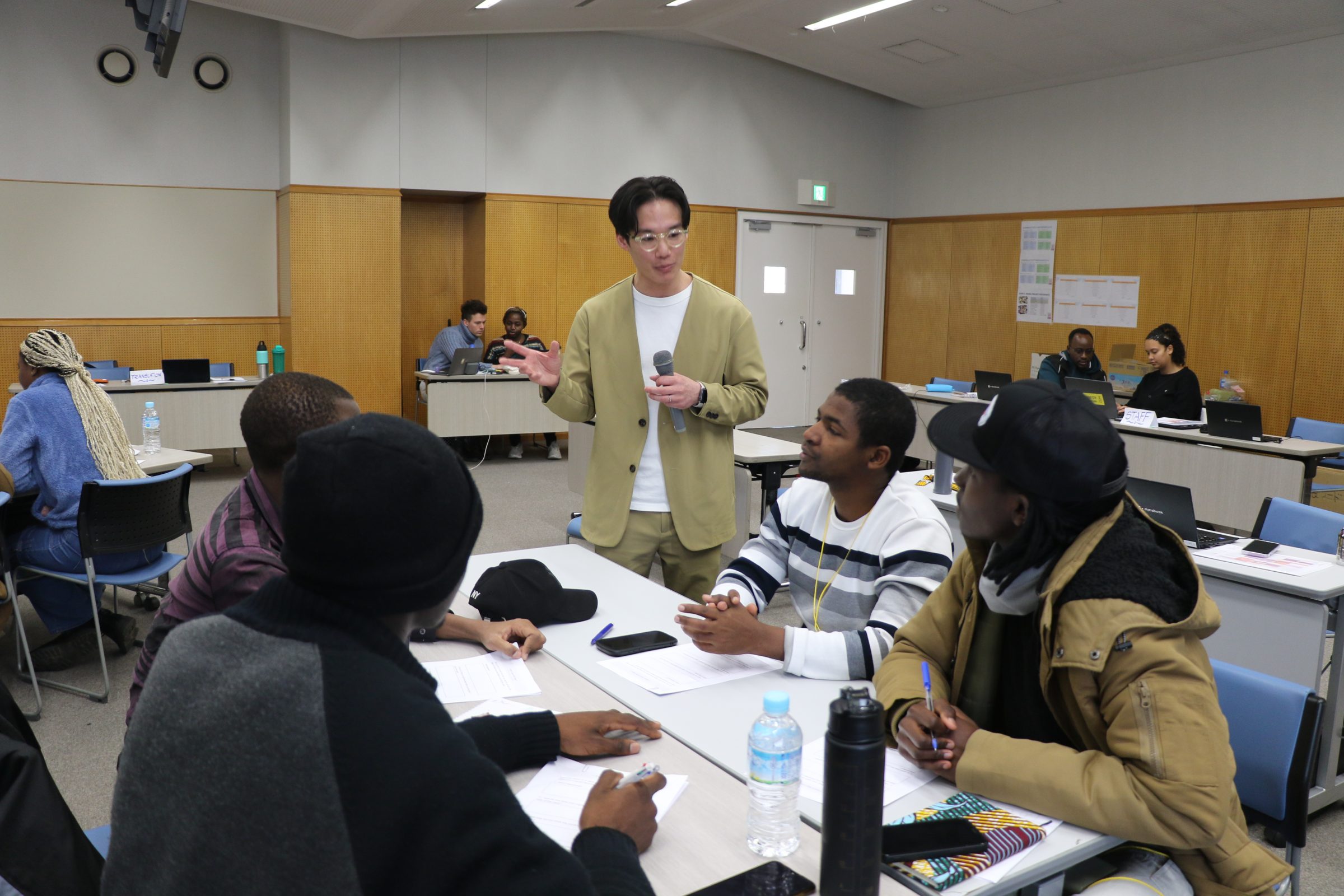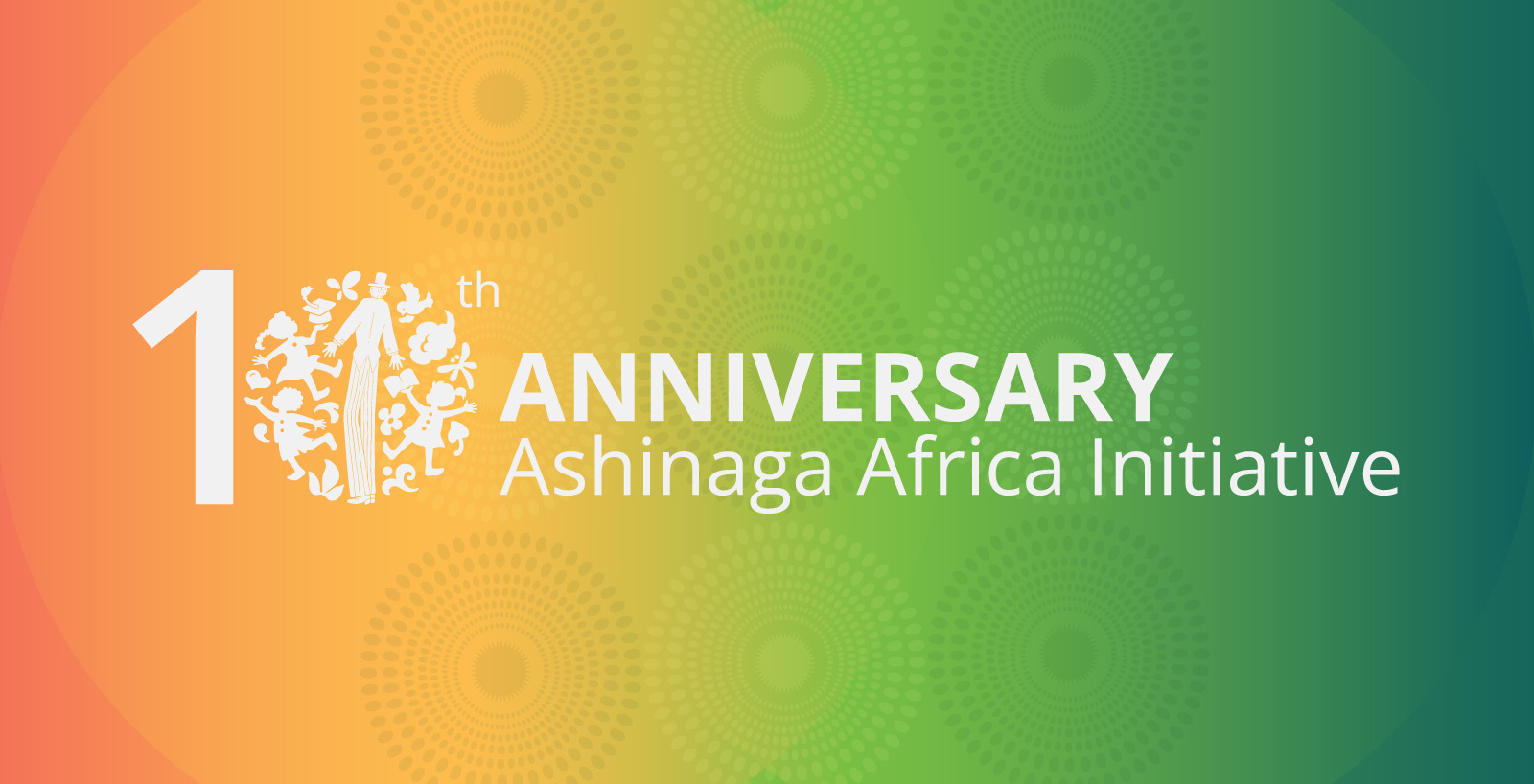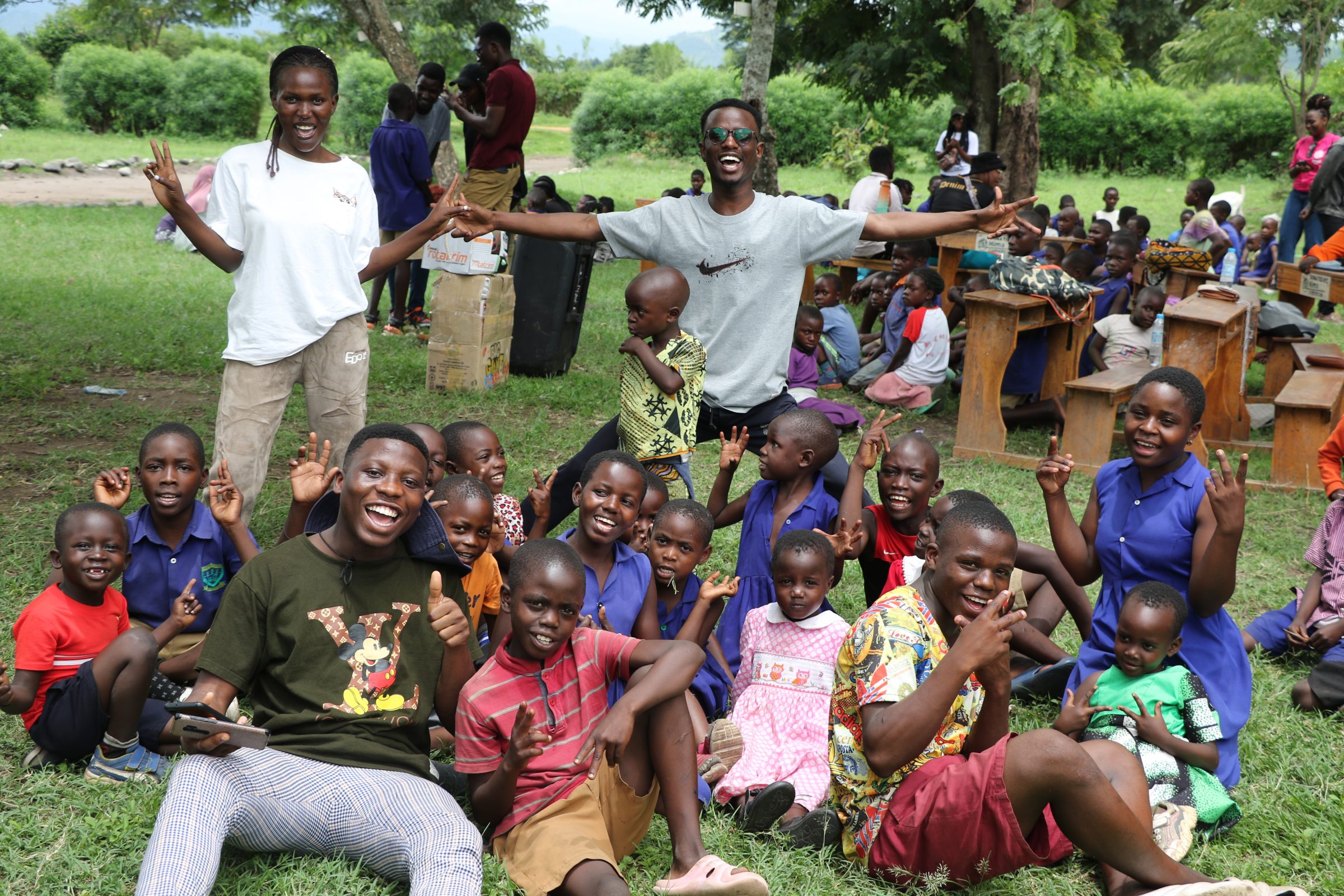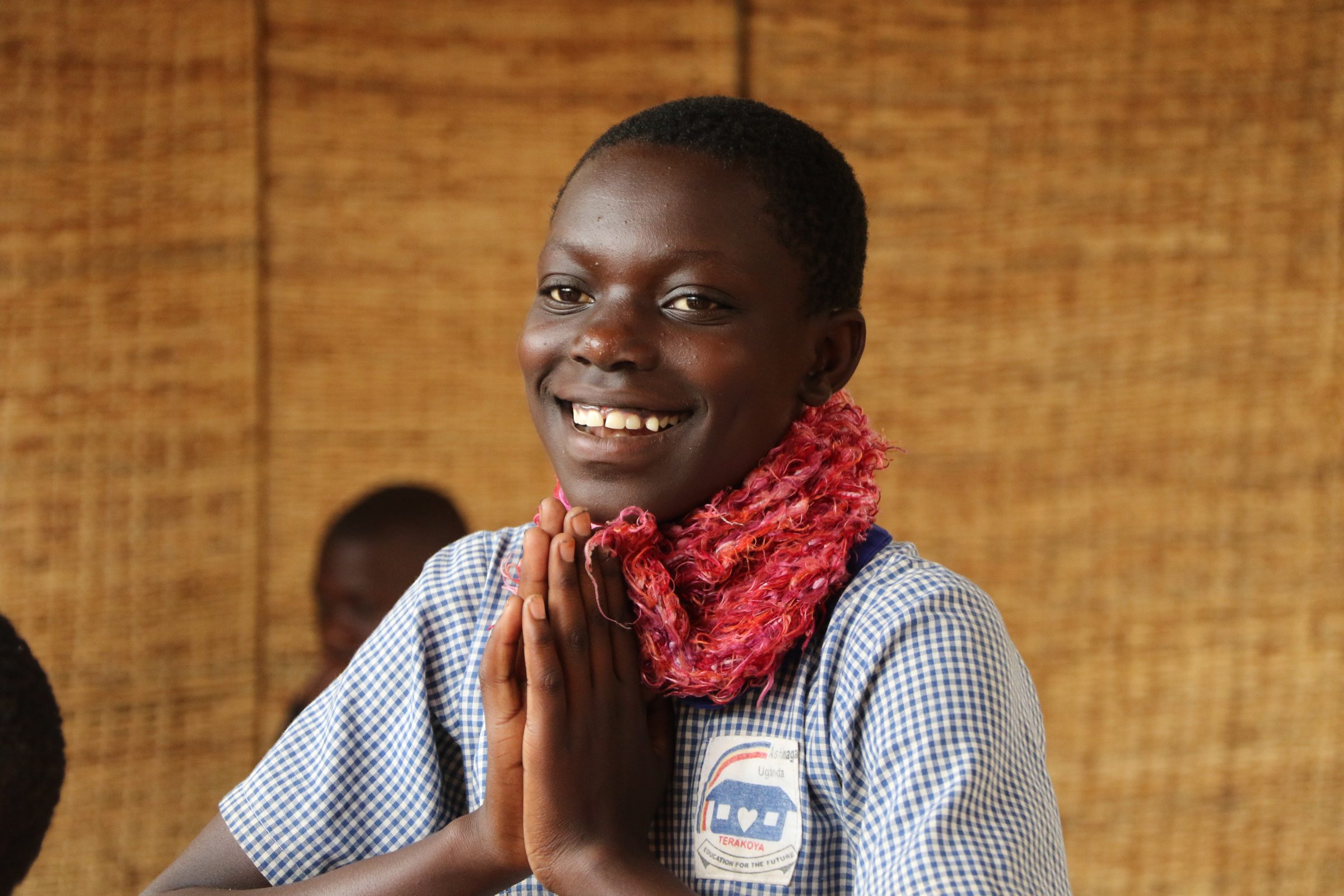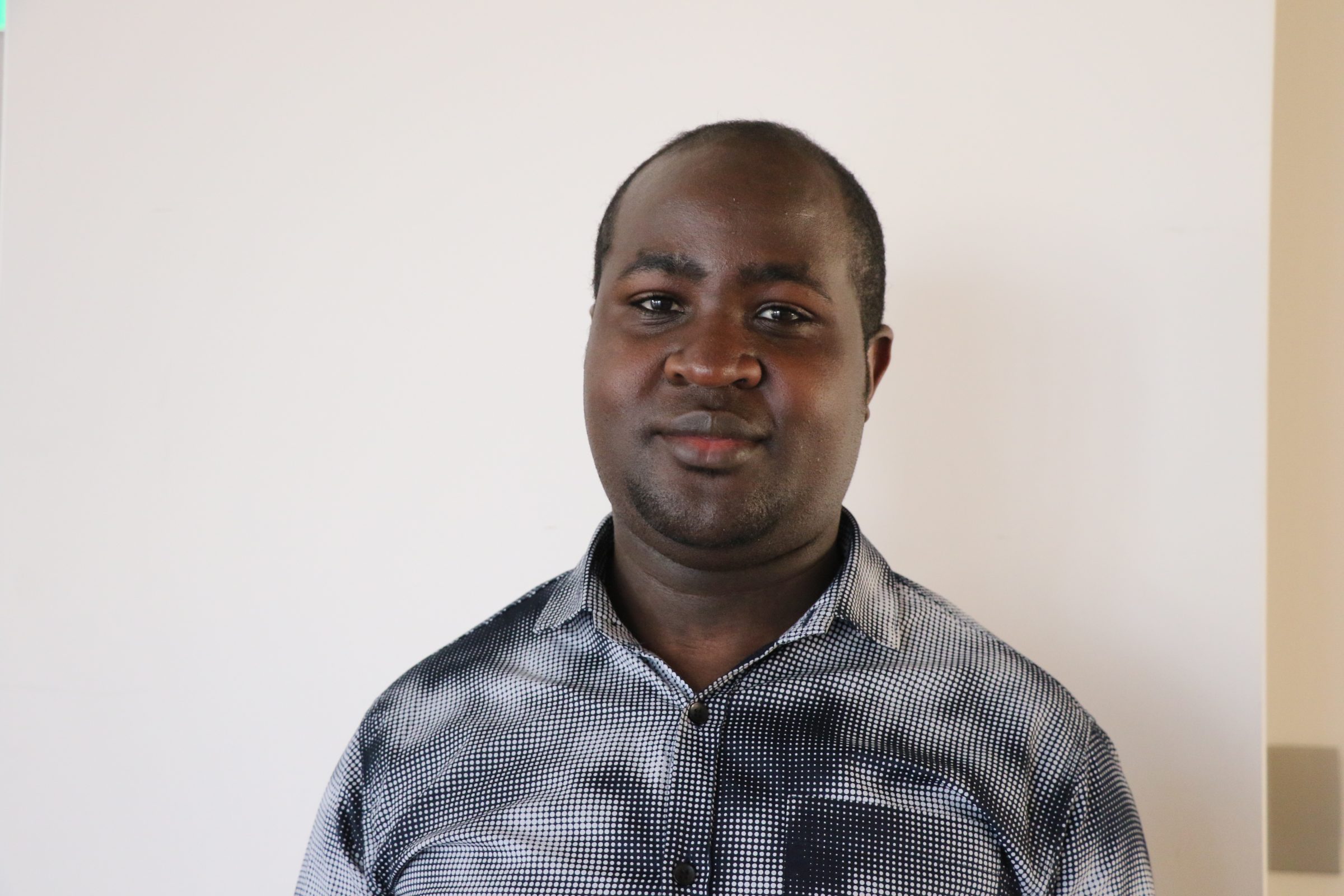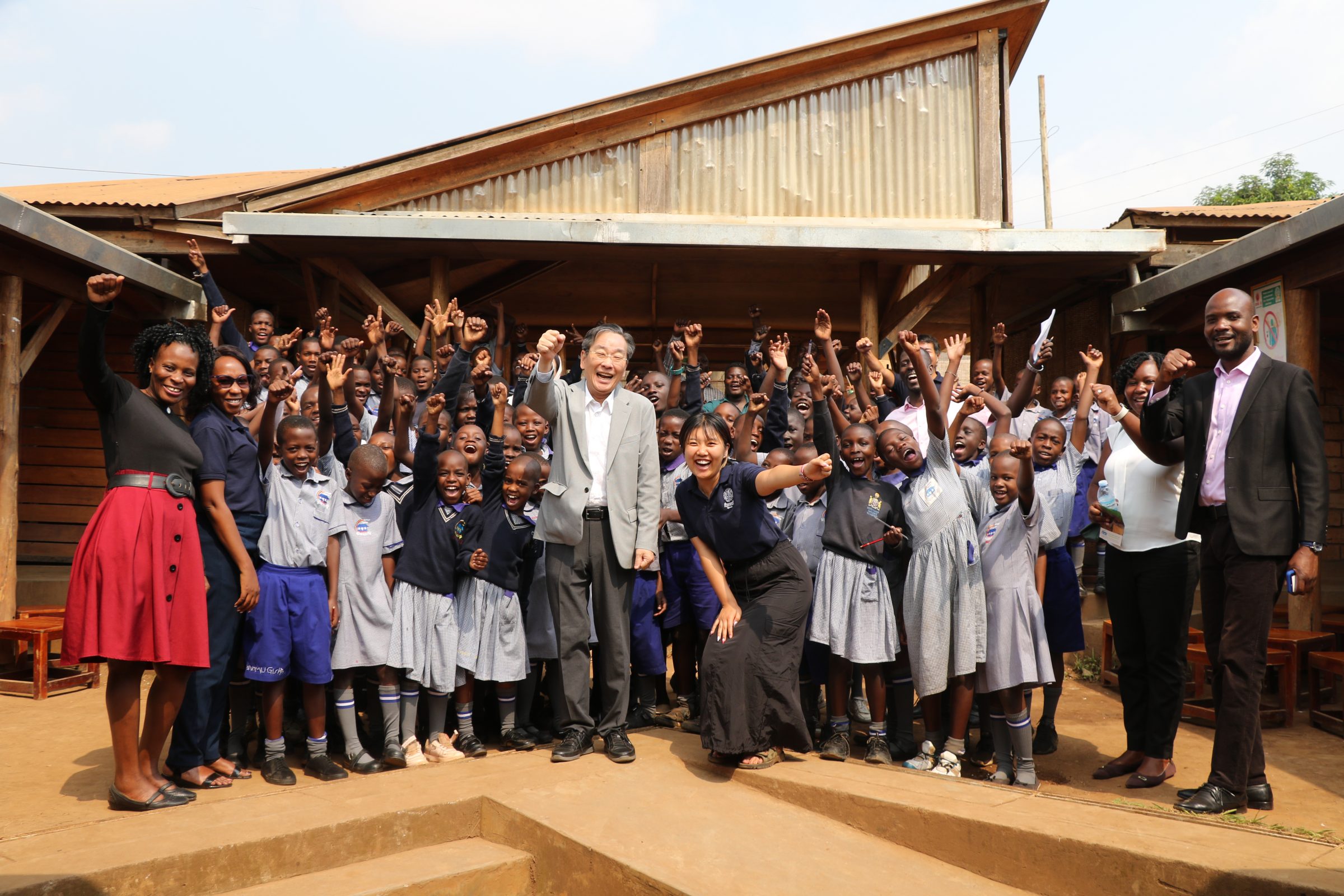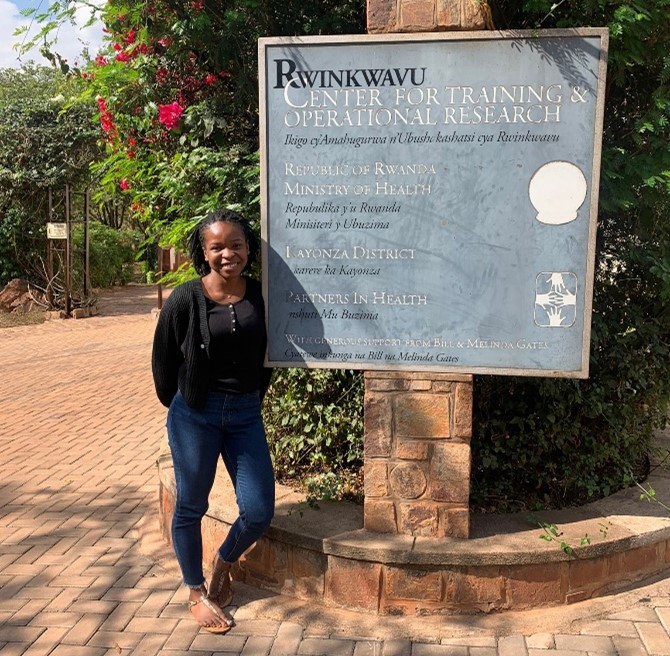Internship Supporting Survivors of Gender Based Violence
Tlalane, one of the Ashinaga Africa Initiative Scholars from Lesotho, is currently studying law at the University of Edinburgh. Over the past summer, she completed an internship in South Africa with the TEARS Foundation, which focuses on supporting victims and survivors of gender-based violence and sexual assault. According to Human Rights Watch, the rate of sexual violence in South Africa is among the highest globally. The foundation offers a 24/7 emergency phone line service for victims who need assistance. They also provide the following services: legal advice, referral for counseling, leaving an abusive situation, finding shelters for victims, guidance on how to apply for protection orders, case follow-ups with the police, referral for court support, as well as education, and raising awareness about abuse and sexual assault. While the foundation is based in Sandton, Gauteng, it aids victims all over South Africa, regardless of their location.
Tlalane joined as an Interventions Assistant Intern, working with the main team responsible for receiving calls and providing firsthand assistance to the victims. Her tasks varied depending on the victim’s case. Her duties included providing legal advice to victims of abuse and sexual assault. When her expertise was not sufficient to support the caller, she would refer them to the pro bono lawyers working for the foundation. She also played a crucial role in listening to victims who needed to talk, directing those in need to counselors. When needed, she placed calls to police stations to follow up on cases involving victims who had been in touch with the foundation. She had the opportunity to attend events focused on raising awareness about gender-based violence and sexual assault with her team. One of the most complex parts of her job was interacting with people suffering from mental health issues.
Tlalane’s work routine varied on a day-to-day basis. She placed calls to victims who had dialed the emergency number the previous night in the mornings. Depending on their situation, she would open new case files for them. She would be responsible for some cases, but she could always rely on her team for support depending on the issue. Her main contribution to the organization was through her legal knowledge. She also helped victims who could not communicate in English, but only in Sesotho, Setswana, or Sepedi. As no one in the organization was proficient in these languages before her arrival, she was essential to the team when dealing with these specific languages.
Since Tlalane is not a South African citizen and her studies were not in South Africa, she faced numerous challenges. Not being familiar with the legal system in the country, it was hard for her to interpret South African law, having studied law in Edinburgh. While the two jurisdictions are both Common Law and have similarities, the Scottish law regarding sexual assault that she is familiar with differs significantly from legislation in South Africa. However, Tlalane took this opportunity to learn more about South African law. She had to research and discuss different aspects of the law with her colleagues to overcome this knowledge gap. Another challenge was referring various victims to the proper facilities. As a Mosotho, she was not aware of the facilities and services for victims available in South Africa, which contrasts with Lesotho’s lack of support and assistance for victims of sexual assaults. Her motivation to learn and help the victims pushed her to research these resources thoroughly and always provide the best possible assistance.
Tlalane had various take-aways from this internship. Her main one was the importance of adopting a solution-based attitude. At times one focuses on overanalyzing the problem. While it is essential to understand the issues, finding an effective viable solution is critical. As Tlalane’s role required a problem-solver mindset, she knew that her work directly impacted people’s lives. She improved her communication skills significantly, as she constantly had to communicate with various stakeholders, in different situations, with diverse backgrounds and unique views. While ensuring that she learned to communicate appropriately, she developed her professional capacity as she worked in an office setting.
Lastly, she learned how to network. During the events they attended, Tlalane had the opportunity to connect with people on behalf of the organization and met individuals that will be instrumental in her future career.
The internship has allowed her to reflect on her plans after graduation. Her work with the foundation re-ignited her motivation to help sexual assault victims, especially in her home country, Lesotho. While her Ashinaga Proposal, which focuses on assisting sexual assault victims in Lesotho, is still at the research stage, she is more determined to turn it into reality. Tlalane always thought of graduating and getting straight into practicing law, and now she is considering obtaining a master’s in human rights law. She is also evaluating whether she can start practicing law while working on her personal project in Lesotho. She is looking into volunteering with organizations such as the Rape Crisis Center while completing her degree. This experience has provided her with a variety of skills. One of these is the ability to think about solutions critically, which will be fundamental when tackling the implementation of her Ashinaga Proposal in her home country.
